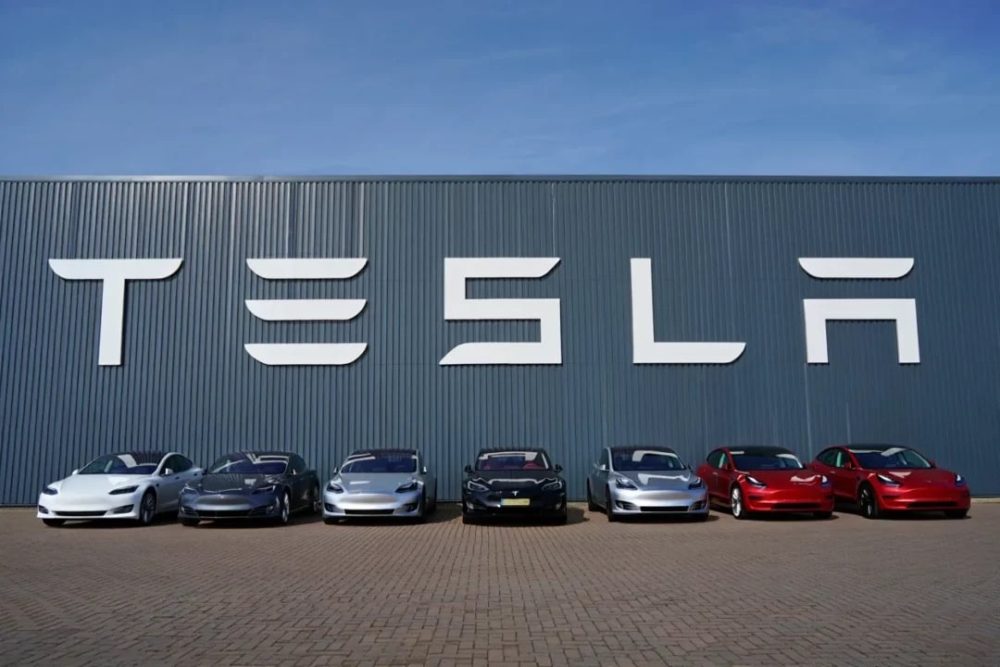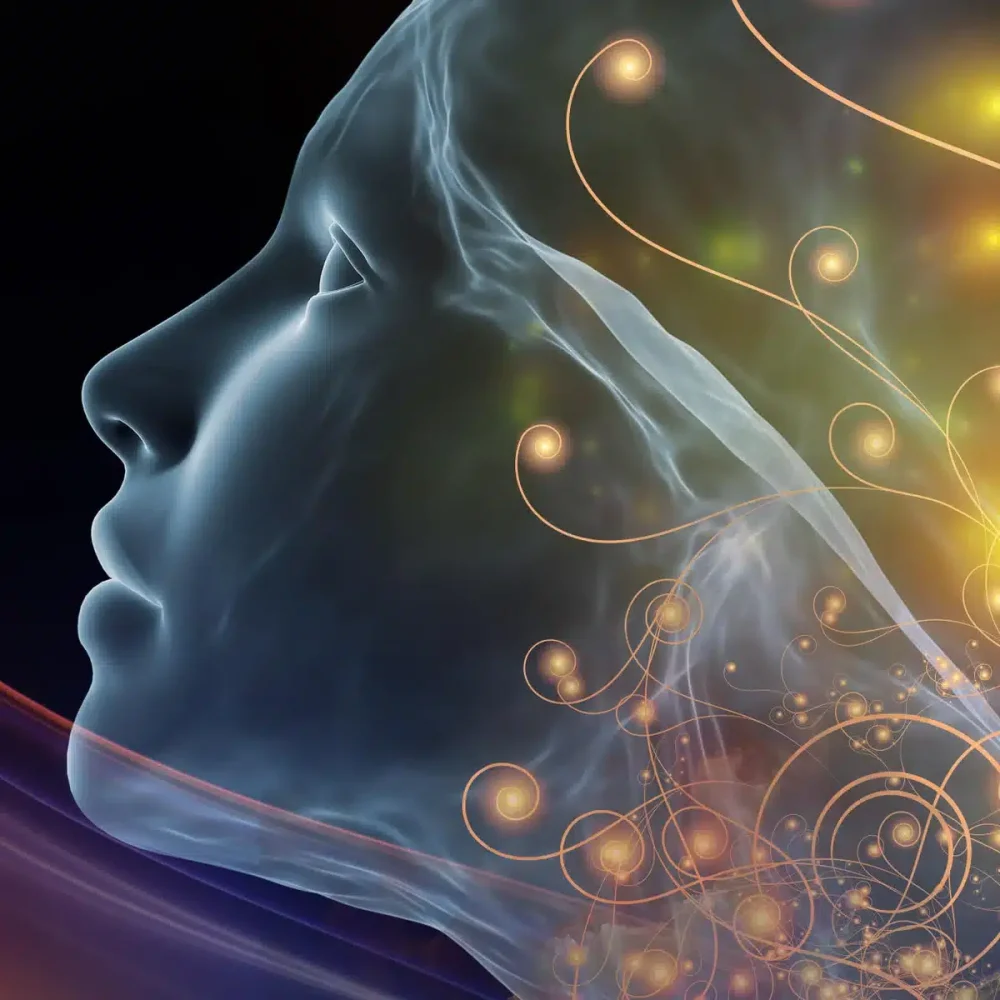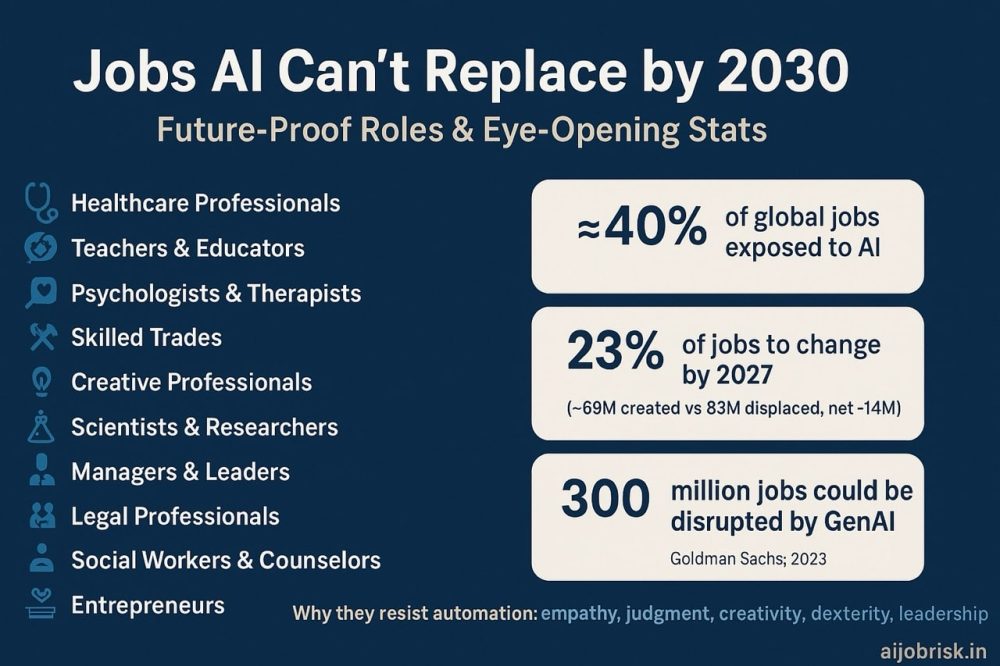Tesla is shuttering its in-house Dojo supercomputer program, redirecting resources toward the development of its next-generation inference chips, AI5, AI6, and beyond. CEO Elon Musk confirmed the move after Bloomberg reported the Dojo team’s dissolution, including the departure of project head Peter Bannon.
Originally unveiled in 2019, the Dojo supercomputer was designed with custom training chips to process massive volumes of vehicle video data for autonomous driving and robotics. The decision marks a shift away from Tesla’s strategy of maintaining two separate AI chip architectures, one for training and one for inference.
“It doesn’t make sense for Tesla to divide its resources and scale two quite different AI chip designs,” Musk posted on X. “The Tesla AI5, AI6, and subsequent chips will be excellent for inference and at least pretty good for training. All effort is focused on that.”
The company is now expected to lean more heavily on external partners for compute and manufacturing, with Nvidia and AMD supplying GPUs and Samsung developing Tesla’s AI6 chips under a $16.5 billion deal announced last month.
Dojo had been seen as a potentially transformative asset, with Morgan Stanley analysts once estimating its value at $500 billion. It was positioned as a key driver for Tesla’s ambitions in self-driving technology, robotics, and AI services, similar to how Amazon Web Services became a profit engine for Amazon.
The decision to wind down Dojo comes amid high turnover. Around 20 team members recently left Tesla to form DensityAI, a data center startup, while the remaining staff have been reassigned to other compute projects.
Tesla’s AI pivot comes at a critical moment. The company recently launched its robotaxi service in Austin, Texas, with a safety monitor in the passenger seat, and in San Francisco with a human driver, a more cautious rollout than Musk’s original promise of fully driverless operation.
As the EV market faces stiff competition and Tesla’s share price weathers recent declines, the automaker is doubling down on AI-driven autonomy and robotics, aiming to integrate future AI chips into both self-driving cars and its Optimus humanoid robot. AI5 chips are slated for production in late 2026, with AI6 following at an unspecified date.


